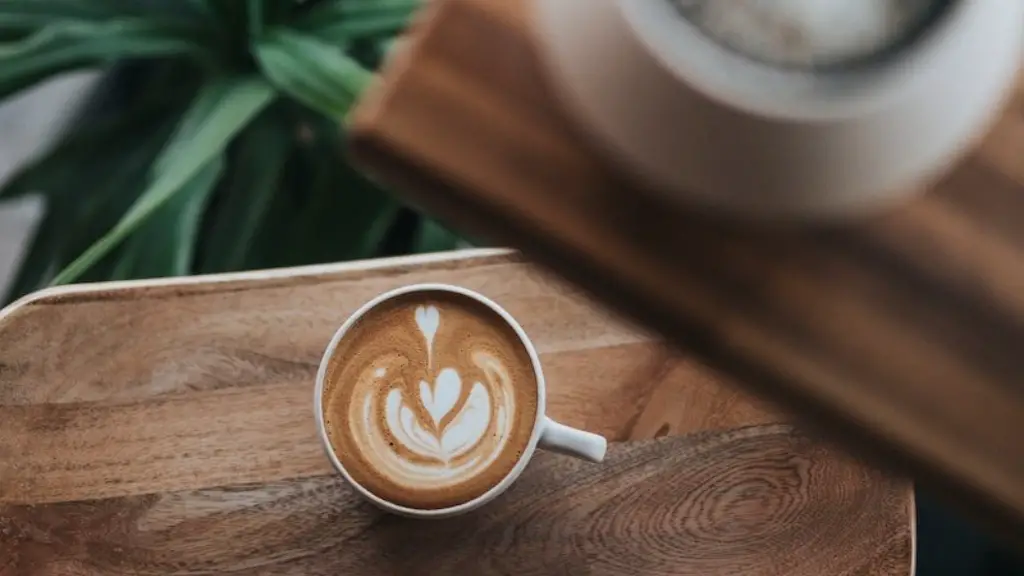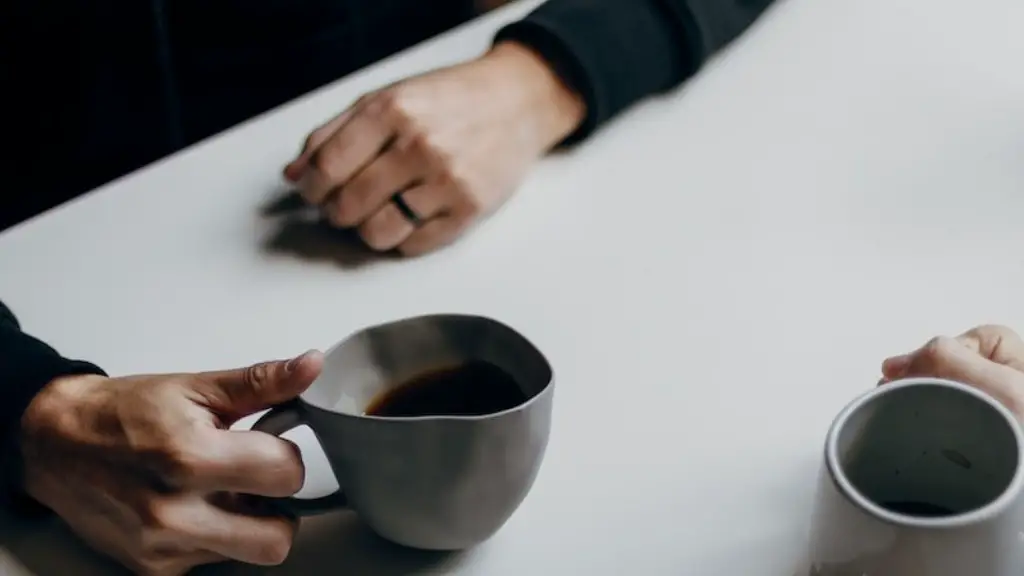Can You Drink Coffee if You Have Gallbladder Problems?
Having problems with your gallbladder can create some uncomfortable moments and lifestyle changes. For coffee lovers wondering about their daily coffee fix, one of the questions might be can you drink coffee if you have a gallbladder issue?
The answer is a little complicated, and it comes down to understanding your particular situation when it comes to the gallbladder. For example, if you have a medical condition such as gallstones, drinking coffee may not be wise. Studies have found higher incidents of gallstones among those who consume caffeinated coffee on a regular basis.
The fact is, there can be some negative side effects of regular coffee drinking and those who have gallbladder issues are particularly vulnerable. Coffee and other caffeinated beverages can, in some cases, be just too irritating to the gallbladder. For those who are trying control symptoms associated with gallbladder disease, such as nausea, fever, or vomiting, drinking coffee could worsen the situation.
Those who simply have gallstones and don’t have active symptoms could have a more flexible approach. Reducing the consumption to small amounts, for example no more than a cup per day, might be the way to go. Some experts believe the level of acidity in a cup of coffee can actually help to lessen the issues associated with gallstone attacks.
If results from your tests indicate the presence of gallbladder inflammation, it’s important to try to avoid drinks that are both caffeinated and acidic. That includes coffee,, tea, soft drinks and alcohol. While drinking moderate amounts of water shouldn’t cause any trouble, it is important to avoid sugar-sweetened beverages.
It’s important for those who have gallbladder issues to do their homework about what’s on offer in terms of different types of coffee drinks. For example, people with problems in their gallbladder should try to avoid high-fat coffees like frappuccinos, machiattos and lattes. These work a lot better for those with healthy and functioning gallbladders.
Can Coffee Help with Gallbladder Problems?
While coffee can linked to increasing the risk of gallstone attacks, there is evidence that some types of coffee and some brewing techniques could be of benefit. For example, some experts suggest that two cups of boiled coffee with or without milk each day can help in controlling cholesterol levels and consequently prevent gallstones.
Coffee enemas are also becoming popular these days. This is a technique involving the administration of caffeinated coffee through the rectum to improve the functioning of the gallbladder.
It’s also important to bear in mind that the impact of coffee on your gallbladder can depend on other things. For instance, chronic stress has a significant impact on the health of the gallbladder, just as caffeine does. Some experts suggest you should consider lifestyle changes like meditation and yoga to help support your gallbladder in the best way.
In the end, coffee isn’t beneficial for everyone with gallbladder problems. It can be uncomfortable but it’s important to consider your particular situation when it comes to drinking coffee. Only then can you decide whether it’s going to be helpful or detrimental.
Do Alternative Coffees Help with Gallbladder Problems?
Options such as decaffeinated coffees could also provide a great solution when it comes to gallbladder problems. It’s always better to limit the intake of caffeinated beverages, as this can make the symptoms of gallbladder problems worse.Decaffeinated coffee can still provide the same aroma, taste, and psychological boost associated with coffee but without the potential impacts associated with caffeine.
Those looking for a coffee substitute should also consider herbal coffees. These types of brews provide loads of health benefits and should be fairly easy to digest. It’s also important to choose coffee substitutes made with organic, natural ingredients. This should help to reduce the risk of any of side effects.
Another popular option is chicory-based coffee, which can be drunk in combination with regular coffee. This type of mix should help reduce the amount of acids to prevent further irritation. The same approach can be taken with decaffeinated tea.
Healthy Accessories For a Healthier Way of Enjoying Coffee
Part of the solution when it comes to consuming coffee without harming your gallbladder involves adopting a healthier lifestyle. This includes adding some ingredients to your coffee to reduce the amount of acid consumed.
Adding non-diary milk like almond, soy, macadamia, and rice milk to your cup can offer some wide ranging benefits to your health while reducing the risk of any irritation or inflammation. Sour cream and ghee are also very popular these days and could potentially help reduce symptoms of gallbladder problems.
In addition, adding honey or maple syrup to your coffee can help to neutralize the acidity, while ginger and cinnamon can help reduce inflammation. These additions also make the coffee more palatable and a lot healthier, especially in comparison to other artificial sweeteners.
Are There Any Other Benefits for the Gallbladder?
There’s a lot of evidence to suggest that the compounds found in caffeinated beverages can help reduce the risk of gallstones. Caffeine can be associated with higher rates of bile production, meaning it can help regulate the passage of bile from the liver to the small intestines.
At the same time, it’s important to remember that no conclusions have been drawn regarding the effectiveness of drinking coffee with gallstones. What’s true for one person may not be applicable to someone else. Consulting a doctor or a nutritionist is the best way forward.
Key Takeaways: Coffee & Gallbladder Problems
In summary, caffeine can be a double-edged sword when it comes to managing and treating gallbladder problems. Those searching for a way to enjoy coffee without harming their problem should think about the use of decaffeinated coffee, some type of mix, or even herbal and chicory-based coffees. There are also some options regarding the type of accessories added to the brew, such as non-diary milks, honey or maple syrup.
At the same time, it’s important to take into account the specific gallbladder symptoms. Drinks such as coffee are unlikely to be helpful if certain symptoms are present, such as fever or vomiting. Working closely with your doctor or nutritionist should provide some insights into which types of coffee are most appropriate under which circumstances.
Alternatives to Coffee For Gallbladder Problems
For those looking for alternatives to coffee, there are several other types of drinks that can provide relief to people with gallbladder problems, even if the symptoms are particularly severe. Some of the best suggestions include chamomile tea, dandelion tea, peppermint tea and licorice tea, all of which can help regulate bile production and reduce inflammation.
In addition, it’s important to consider the amount of caffeine consumed by combining different snacks and beverages. While coffee should be consumed with caution, other items high in caffeine content, such as energy drinks, chocolate and tea, should be consumed with care. In some cases, it might be beneficial to avoid them entirely.
So far, there is no universally accepted answer to the question of whether coffee can be consumed with gallbladder problems. It’s important to consult a doctor or a nutritionist to get a better idea of which type of coffee or herbal tea is going to work best in terms of managing or reducing the symptoms. There is no simple answer, but with thoughtful decisions, people with gallbladder problems can enjoy a great cup of coffee without fear.





